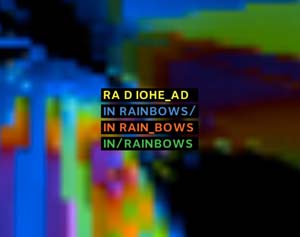 BetaNews reports that Microsoft is to hold a special event in Redmond tomorrow, in which Bill Gates and Design and Development chief J Allard will announce a major update to the company’s line of portable media players.
BetaNews reports that Microsoft is to hold a special event in Redmond tomorrow, in which Bill Gates and Design and Development chief J Allard will announce a major update to the company’s line of portable media players.
Dubbed the Zune 2, one new model is reported to be flash-based and “will measure 3-inches by 1.25-inches” and look “much like the iPod nano”.
“The smaller Zunes will be video capable, and are rumored to include Wi-Fi and higher storage than competing products”, according to BetaNews.
Updated Hard drive-based models are also expected, which will look much the same as the current range, except for offering greater storage and being slightly slimmer.
In our recent analysis of Microsoft’s Zune platform (‘Is the Zune doomed?‘), Mack D. Male wrote that a major weakness, compared with Apple’s iPod, was the existence of only a single model, but also noted that there are still gaps in the market that the Zune could exploit, such as the need for high-capacity hard drive-based model with a large widescreen display suited to video. In comparison, Apple’s widescreen iPod, the Touch, is flash-based and offers a measly 16GB of storage.
Perhaps we’ll see such a model unveiled tomorrow?
 Thom Yorke, one of the artists behind the band Radiohead, hinted in 2003 that this day would come. Well, it’s here. Radiohead is releasing its seventh studio album,
Thom Yorke, one of the artists behind the band Radiohead, hinted in 2003 that this day would come. Well, it’s here. Radiohead is releasing its seventh studio album,  Earlier today
Earlier today  Two seemingly unrelated announcements last week have got me thinking about whether the future of “full screen” Internet TV applications, such as
Two seemingly unrelated announcements last week have got me thinking about whether the future of “full screen” Internet TV applications, such as